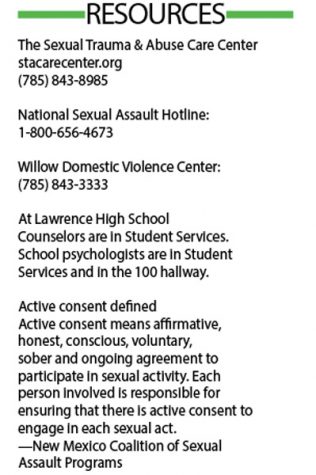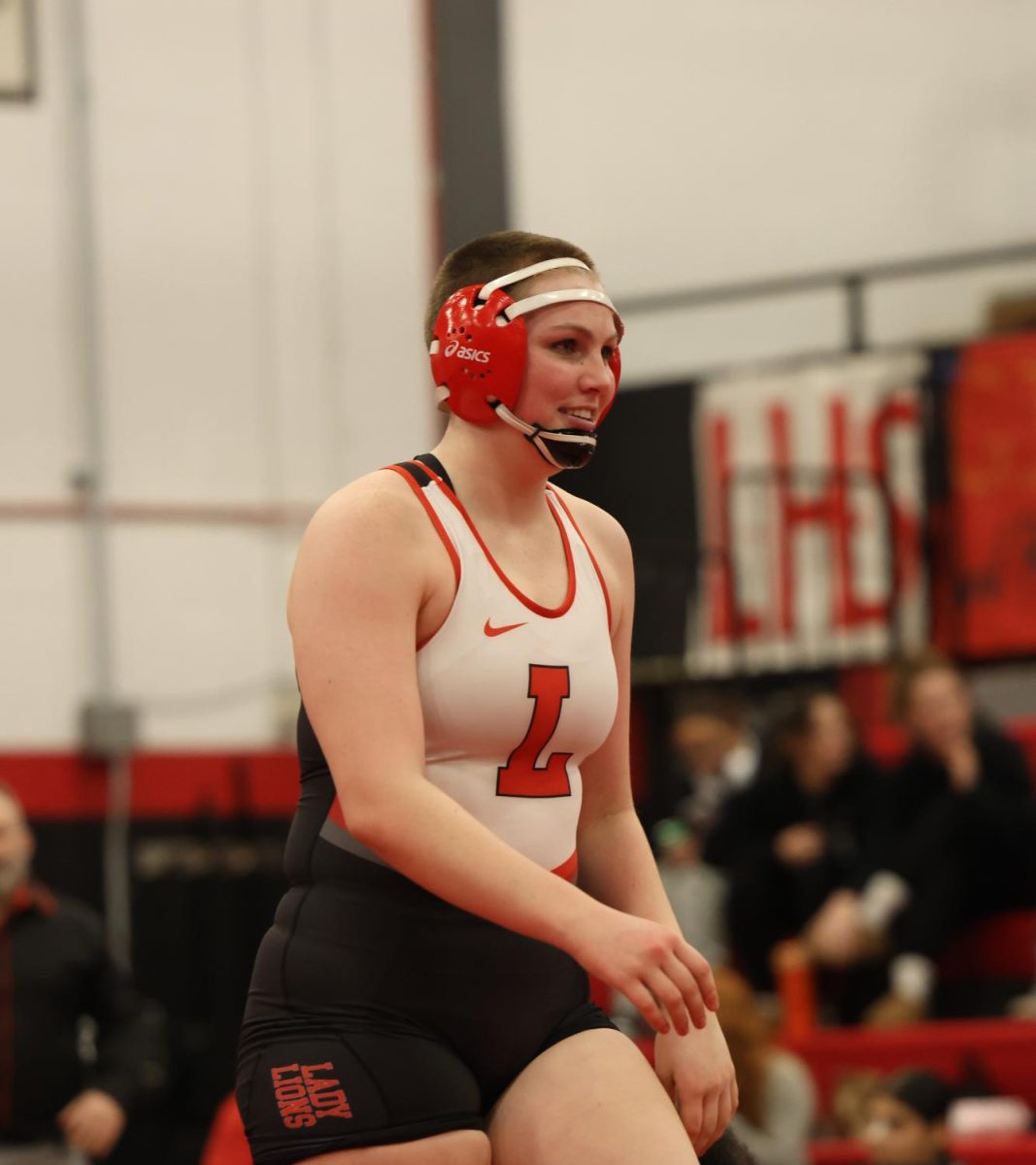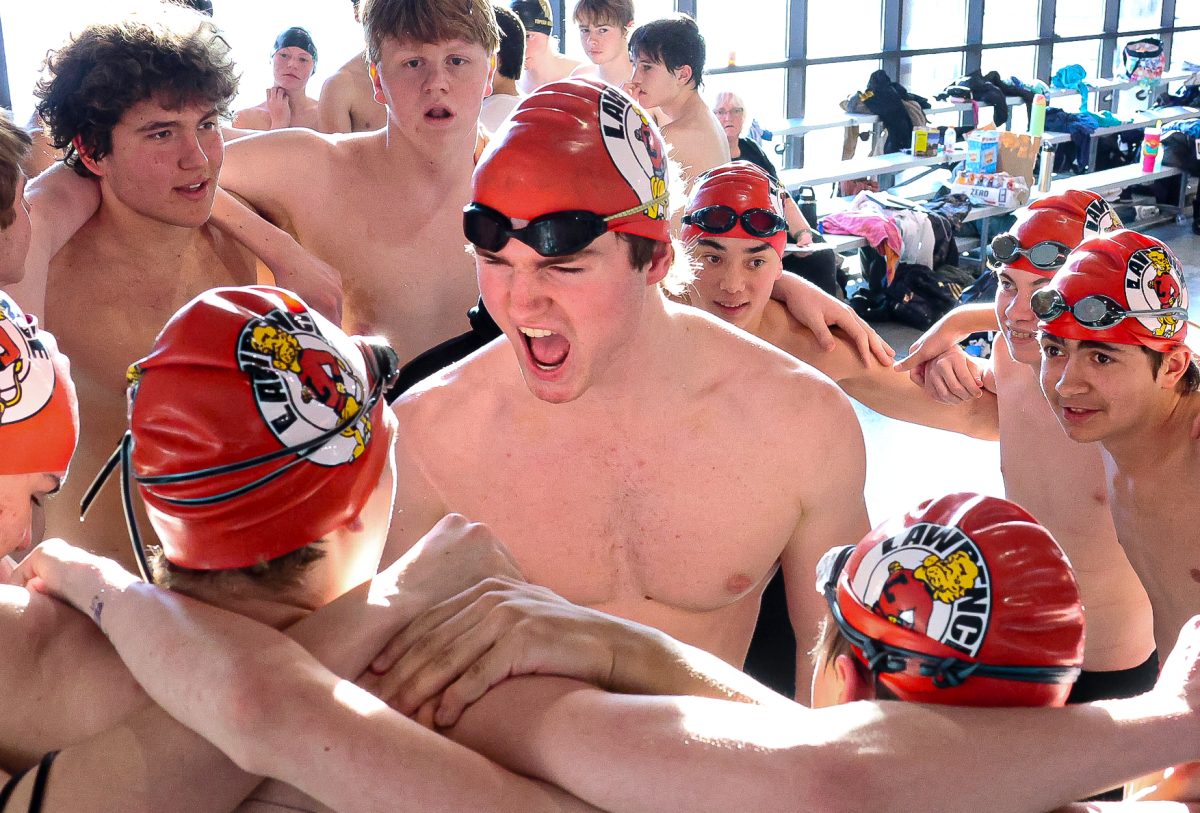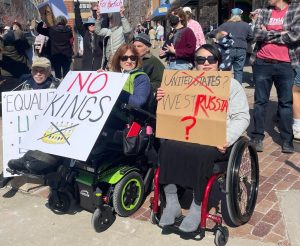After sexual assault, student says school can do a better job to support victims while implementing education to teach students about consent
Support for victims a number one priority

May 3, 2019
Editors note: This editorial is being published anonymously due to the sensitive nature of the subject and the student’s request for privacy.
I am a Lawrence High School student, and I am a survivor of sexual assault and rape.
Although I wish I could say otherwise, LHS has failed to provide safety and protections for me and many of my peers in the face of sexual abuse. At our school exists a culture of silence and stigmatization in both faculty and students that empowers young predators and threatens potential and past victims.
Why do students like me feel afraid when they walk into LHS? They feel afraid because, more likely than not, their abusers are in the school with them every day. Many victims spend their days in class with, in activities with and being forced to interact with the individuals who have assaulted them.
I was sexually assaulted by another student in my grade when I was 16. They were drunk, alone and staying at my neighbor’s house. I’m going to spare you of the disgusting details that occurred that night, but to make things clear, understand this: the person (who I considered a relatively close friend) pinned me down and molested me without my consent.
Teachers and administrators have failed my classmates and myself in creating an understanding of assault and consent. Health class never prepared me for a situation like this. I didn’t even know this event to be assault until I painfully revisited it later. I soon began to recognize other moments in my life when I had been forced into non-consensual contact, sexually assaulted and even raped.
I’m not the only one who’s gone through something like this. Ask any student at LHS if they know of someone who has been sexually assaulted by another student, and the answer will almost always be yes.
It took time and help from others to understand what had happened to me, and why it made me feel violated and helpless. But other students should not have to go through assault to understand it, and they should not have to feel unsafe in their own schools.
I was helped by many people here at LHS, and I’m so fortunate to have the resources I did, but the reality is that this shouldn’t have happened in the first place. Administrators need to ensure students are better educated on the realities of sexual abuse and violence while we are in the classroom.
The first solution to these problems is better, explicit and thorough education on consent and why it’s important in our student body. Our understanding of consent, as students, must come from somewhere more substantial than awkward, and frankly immature, discussions in freshman health class. This is a lesson that should be repeated yearly and with an intense focus, especially as students become older and more likely to have sexual encounters. More comprehensive consent education programs can be found online than are delivered to students at LHS.
A better consent education can help potential victims identify warning signs and protect themselves from assault, while also teaching potential young predators about boundaries, permission and coercion.
I attend school every day with students who have assaulted me, and there is little to nothing I can do about it, beyond filing a police report. Because of many extenuating and personal reasons, getting the law involved is not a possibility for many assault survivors. It’s time for LHS to do better for not only victims of sexual violence, but every other student who walks through the doors because education is supposed to happen here.
This can be avoided. We need to open dialogue about this topic no matter how uncomfortable we may feel. It’s time for change.














